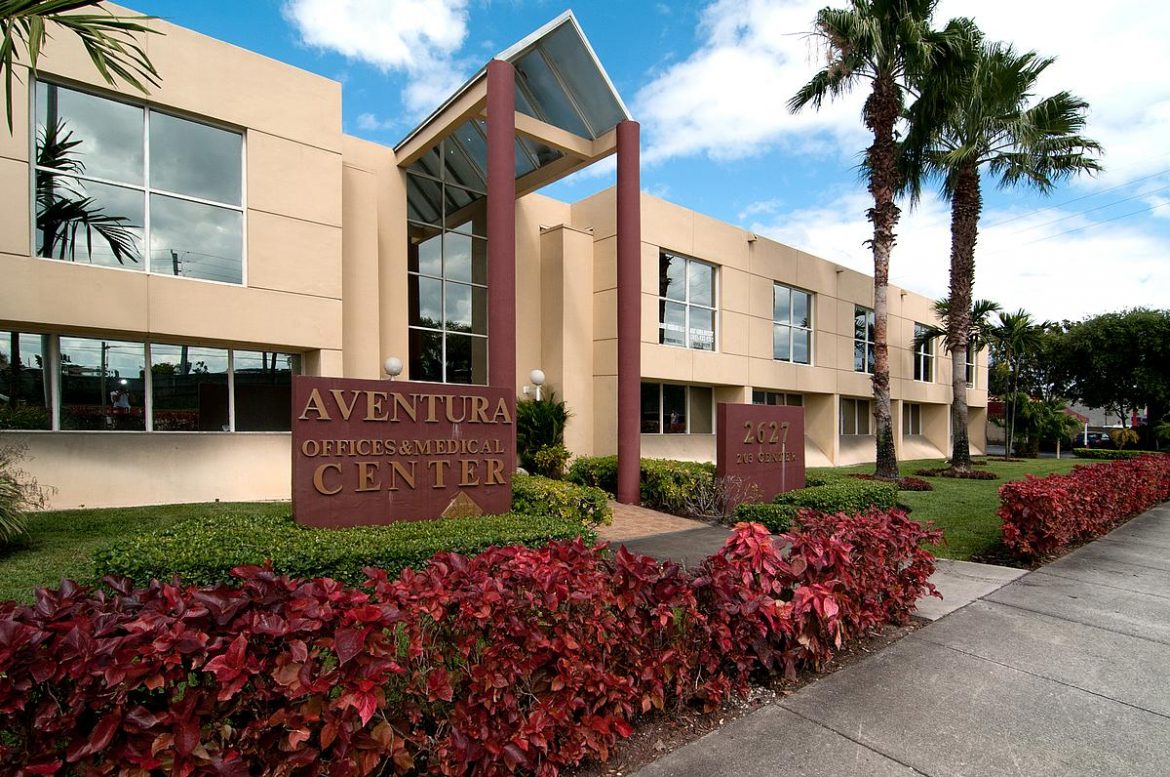
Faced with heightened restrictions due to a surge in Covid-19 cases, coupled with a desire to keep employees safe, some Miami restaurants are calling it quits.
Other eateries are mulling closing their dining rooms, temporarily shutting down, or changing their business models entirely. If the state or local governments order another shutdown, it could mark the “nail in the coffin” for as many as half the restaurants, said Felix Bendersky, restaurant broker and owner of F+B Hospitality.
Yet, some restaurants are still signing new deals or reopening during the pandemic, taking advantage of spaces that are back on the market.
New Restrictions
After several days of record Covid-19 cases statewide, stricter rules are putting renewed pressure on struggling businesses. On Wednesday, Florida’s total reached nearly 159,000 cases and 3,550 deaths.
Gov. Ron DeSantis ordered the closure of bars on Friday. On Tuesday, Miami-Dade Mayor Carlos Gimenez ordered restaurants (and bars that have been able to continue operating) to stop selling alcohol between 12:01 a.m. and 6 a.m. This past weekend, pool access and alcohol sales were restricted at hotels in Miami-Dade.
On Wednesday, Miami Beach established a curfew from 12:30 a.m. to 5 a.m. (food delivery is among the exceptions). The city is banning alcohol sales at all retail stores, including liquor stores, grocery stores and convenience stores, after 8 p.m. Restaurants can’t operate for dine-in or takeout between 12:01 a.m. and 6 a.m.
The new orders come as restaurants are still restricted to 50 percent occupancy.
Vultures Circle Amid Struggles
All the while, vulture investors are circling in search of dying businesses and available space, sources say.
In May, OpenTable CEO Steve Hafner predicted a quarter of U.S. restaurants that were closed or that were only offering takeout would not survive.
Bendersky said he’s receiving 20 to 30 calls a day from restaurateurs and brokers looking for second generation spaces ranging from 1,000 square feet to 1,500 square feet in neighborhoods such as Edgewater, MiMo, Brickell, Downtown, Coral Gables and South-of-Fifth.
Second generation spaces include built-out kitchens with a DERM-approved grease trap, which makes the space more valuable, especially now. It can save new operators between $300,000 and $750,000 in buildout costs, Bendersky said.
Meanwhile, many existing restaurants are on pause, trying to figure out when and if to reopen, whether to close their dining rooms, or sell.
“There’s a lot of different groups right now that are just evaluating whether or not it’s worth it right now to open back up,” said Aaron Butler, CEO of Avenue Real Estate Partners.
Mila, a rooftop restaurant on Lincoln Road in Miami Beach, is among those waiting to reopen, Butler said.
Chica in the MiMo District and Spring Chicken in Coral Gables are also waiting to reopen, according to a spokesperson for 50 Eggs Hospitality Group.
Michelle Bernstein, a prominent Miami restaurateur, posted on her Instagram account that she was closing Cafe La Trova’s dining room as of Monday.
Bernstein, whose restaurant is in Little Havana, said that despite following social distancing and CDC guidelines, “the health and safety of our employees and patrons has become too great of a concern to continue offering dine-in service under the circumstances.”
Laid Fresh, a cafe in Wynwood, also announced on Instagram that it was closing the location permanently.
Kush by Spillover, a Coconut Grove restaurant that Kush Hospitality recently rebranded and reopened, closed temporarily. Caja Caliente, a restaurant in Coral Gables, posted on social media that it was closing its indoor dining room, and would only have outdoor seating available. Politan Row, a food hall in the Miami Design District previously called St. Roch Market, has not yet reopened.
“The arbitrary changes and regulations have been pretty impactful because we find out hours before the changes are made,” said Ben Potts, co-owner of Beaker & Gray in Wynwood.
He said the county and city-mandated curfews put in place due to protests also had an effect.
Yet, his and other restaurants still remain open. Potts said Beaker & Gray has been open since May 27. “At the moment we’re planning on staying open,” he said.
And some new eateries are in the pipeline. In the Miami Design District, Itamae, Ovation and Cote are all expected to open later this year.
And Old Greg’s Pizza will operate a pop-up out of chef Brad Kilgore’s Kaido space in the Design District beginning on Friday, the pizza concept posted on Instagram Wednesday.
Test Is Coming
The real stress test could come in the next three to six month months, after money from the Small Business Administration’s Paycheck Protection Program loan program runs out, brokers say. Vulture investors of both kinds – hunting for real estate deals and for the restaurant and bar businesses themselves – are in the market.
“Larger, high-priced restaurants are more of a challenge because their overhead and carrying costs are so much higher,” said Butler of Avenue Real Estate Partners.
Many tenants had the wherewithal to survive in April, May and June, or had worked out deals with their landlords, and/or had received PPP money, experts say.
Moving forward, the types of tenants that will survive have been adapting successfully to the changes brought on by the pandemic.
Pizzerias and national chains are flourishing, because they lend themselves to takeout, said Scott Sandelin, a broker with Marcus & Millichap.
“This [pandemic] will accelerate that change in the food business,” Sandelin said. Yet, many restaurants and bars, he added, are in a “scary situation.”
Source: The Real Deal
